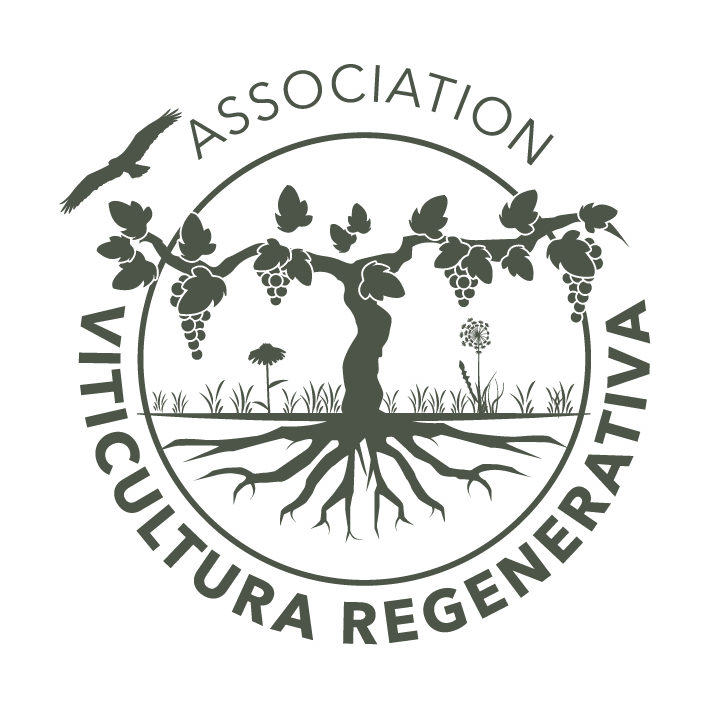Days of wine and olives: how the old farming ways are paying off in Spain
The Barcelona-based British correspondent, Stephen Burgen, recounts the two revolutions of regenerative agriculture in Spain: the Andalusian olive groves and the Penedès wines, based on the initiative of Familia Torres.
On the one hand, he explains the Andalusian experience of Olivares Vivos, in which biodiversity thrives with regenerative agriculture and producers can sell the oil at a higher price than just with organic crops. More than 600 producers want to adopt the regenerative model.
On the other hand, he details how Familia Torres has adopted the regenerative approach to reduce its carbon footprint, and includes the words of Miguel Torres, who explains that ecological viticulture is no longer enough, as we must return life to the soil, reduce emissions and capture CO2. The goal is to imitate nature as much as possible. If the 7.4 million hectares of vineyards in the world were to adopt the regenerative model, the impact would be enormous, said Torres.
The article also includes the account of another Penedès winery, Parés Baltà, whose winemaker Marta Casas stated that regenerative viticulture is an important step towards a more holistic biodynamic approach, which considers animals, soil and products as part of a unique and interrelated system.
The article was published on 10/08/2021 on the online section ‘The Age of Extinction’ of the prestigious British newspaper The Guardian.
